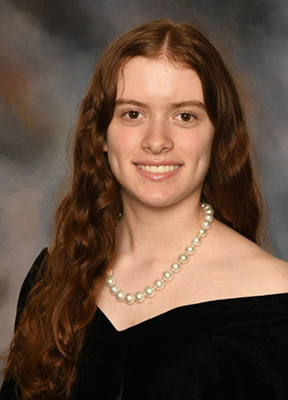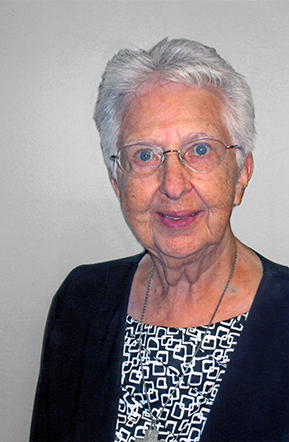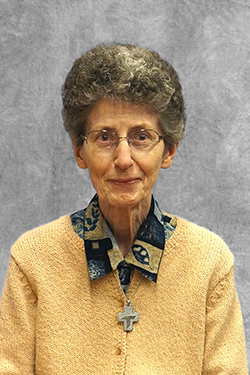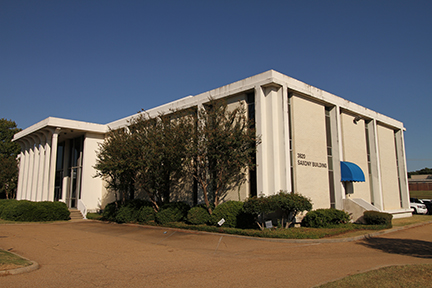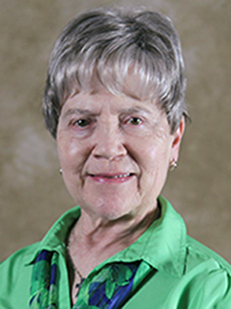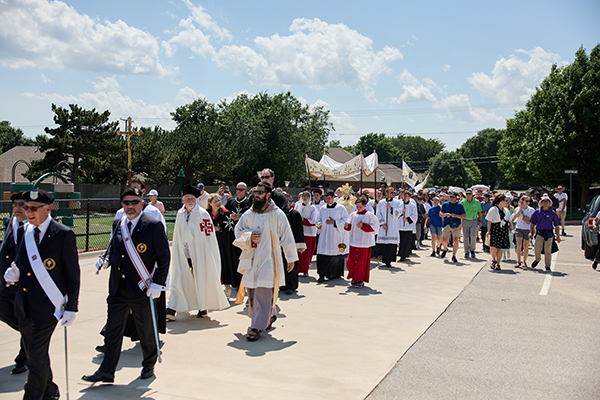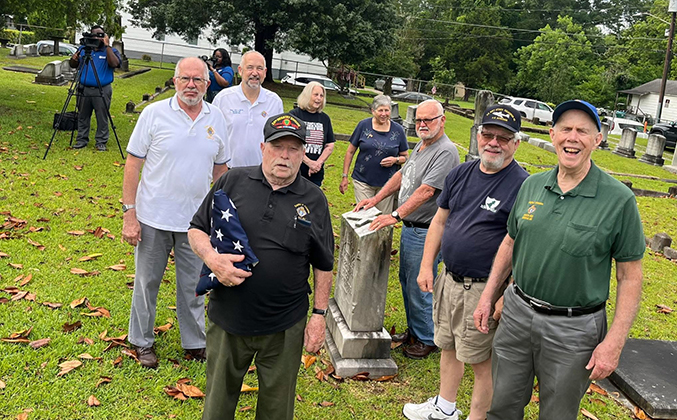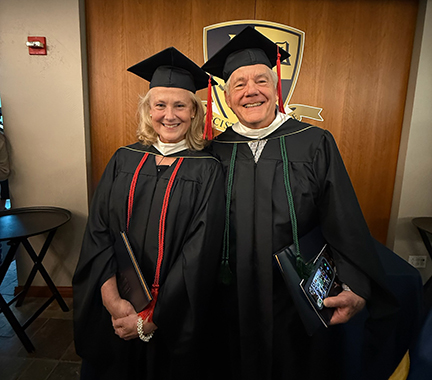By Cindy Wooden
VATICAN CITY (CNS) – Being religious does not automatically mean someone is compassionate, and yet for a Christian compassion is a clear sign of following Christ, Pope Leo XIV said.
“Before being a religious matter, compassion is a question of humanity! Before being believers, we are called to be human,” the pope said May 28 as he held his weekly general audience in St. Peter’s Square.
At the end of the audience, Pope Leo again pleaded for peace in Gaza and in Ukraine.
“From the Gaza Strip there rises to heaven ever more intensely the cry of mothers and fathers who, clutching the lifeless bodies of their children, are continually forced to move in search of some food and safer shelter from the shelling,” the pope said. “To the leaders, I renew my appeal: Cease firing; free all the hostages; fully respect humanitarian law.”
And after days of Russia increasing its attacks on Ukraine, killing civilians and destroying infrastructure, the pope assured the Ukrainian people of his “closeness and my prayers for all the victims, especially the children and families.”
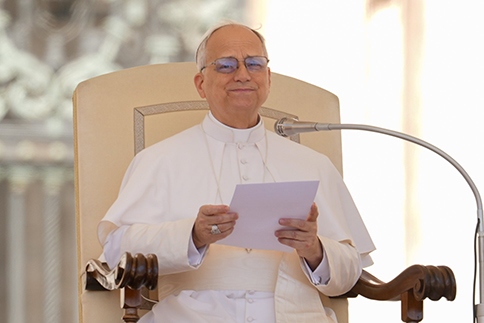
“I strongly renew my appeal to stop the war and support every initiative of dialogue and peace,” he said. “I ask everyone to join in prayers for peace in Ukraine and wherever people suffer because of war.”
The pope’s main talk at the audience focused on the Gospel parable of the good Samaritan, a story the pope said offered important lessons for Christians but also was a source of hope.
“The lack of hope, at times, is due to the fact that we fixate on a certain rigid and closed way of seeing things, and the parables help us to look at them from another point of view,” Pope Leo said.
The parable of the good Samaritan is an obvious lesson in being compassionate and recognizing all men and women as neighbors, he said. But it also says something about the compassion of Jesus.
“We can also see ourselves in the man who fell into the hands of robbers, for we have all experienced the difficulties of life and the pain brought about by sin,” he said in his English summary. “In our frailty, we discover that Christ himself is the Good Samaritan who heals our wounds and restores our hope.”
“Let us turn, then, to the Sacred Heart, model of true humanity, and ask him to make our heart ever more like his,” the pope said.
The wounded man on the side of the road “represents each one of us,” he said, and remembering “all the times that Jesus stopped to take care of us will make us more capable of compassion.”
Being compassionate, he said, is not just a feeling; it means taking action.
“If you want to help someone, you cannot think of keeping your distance, you have to get involved, get dirty, perhaps be contaminated,” the pope said, noting that in the parable, the good Samaritan cleans and bandages the man’s wounds and takes him to safety.


